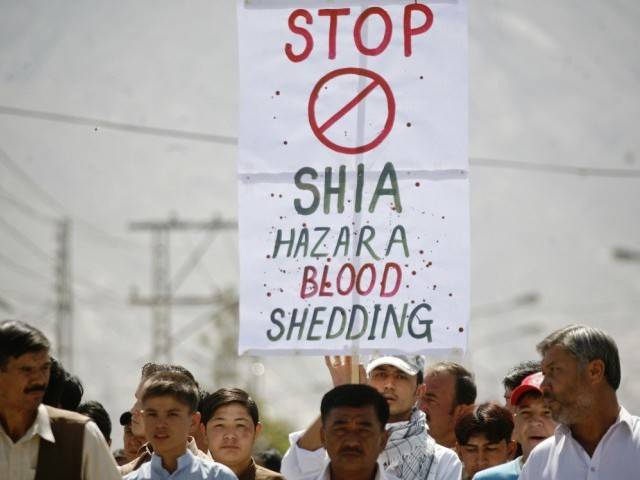The hapless arrival of Muharram, the traditional month of mourning, has witnessed the occurrence of the latest instance of sectarian violence in Pakistan: a terror attack that ripped through Quetta’s Kerani road, targeting Shia Hazara women. The assailants had intercepted the bus and opened fire with an imprudent manner on women of the Hazara community. As a result, four innocent women were killed and one was injured seriously.
The attack took place on Tuesday, when a bus was carrying 30 passengers from the City Terminal (CT) to Hazara Town (HT). This type of attacks are obviously sectarian and faith-based in nature. However, the spates of sectarian strife have torpedoed the co-existence of numerous ethnic groups in Balochistan, in which the Shia Hazara community, of Quetta, have borne the brunt of lethal and devastating attacks over the years.
Since 2001, Sunni militant outfits have assaulted the Hazara community several times, on sectarian lines. They are ostensibly the prime target of the banned terrorist organization Sipah-i-Sahaba Pakistan (SSP). In March 2004, the terrorists of Sipah-i-Sahaba Pakistan, had attacked an Ashura Procession, in the city, in which 42 innocent Hazaras had mercilessly been killed and many other left injured. In September 2010, a suicide bombing during a Shia rally in Quetta killed around 50 people, and wounded many others. The Sipah-i-Sahaba Pakistan, has claimed the responsibility for the attack.
A year later, on 20th September 2011, militants killed 26 innocent souls in cold blood, belonging to Hazara community, when they were travelling from Quetta to Hazar Ganji. Their bus was stopped and they were brutally murdered in broad day light. The perpetrators all escaped after killing all Hazara passengers. They were neither prosecuted nor punished.
In January 2013, 81 people of the Hazara community were killed and 121 others injured in a suicide and car bomb blast on Alamdar road, again in Quetta. This tragic event created a lot of tension between the Hazara Community and the provincial government, because they kept the dead bodies of their kith and kin under the open sky for several days in a very cold night. The community demanded justice and the immediate resignation of the provincial Chief Minister, Nawab Aslam Rassani. As a result, strong demonstrations by the Hazara community compelled the CM of Balochistan to resign.
A month later, in February 2013, a lethal bomb blast occurred in a crowded market in Hazara Town, which left around 89 people dead and more than 200 injured - even deadlier than the last attack.
The provincial government of Balochistan is equally responsible for the genocide of Shias because it has either failed utterly to provide strong security to the community, or to bring their assailants to justices. The Shia-Sunni dichotomy is a political objective of Saudi Arabia and Iran under the cover of so-called religious grounds. It is a struggle for supremacy between the two Middle Eastern demons who support their worthless clients in Pakistan, particularly in Balochistan, to kill each other in the name of religion.
But, the question is, how can this genocide be stopped?
Firstly, the provincial government needs to take strong measures to provide tight security to Imambargahs and Ashura processions to prevent attacks against the community. The second step should be, to quote a recent Editorial in Dawn, that the “provincial authorities must respond in a firm but sensitive manner to contain the tinderbox of tensions that prevail in Muharram is to ban the movement of incendiary Sunni and Shia speakers within their jurisdictions and across provincial lines.”
And, finally, the provincial government should act against the banned terrorist organizations to disrupt and dismantle their malicious activities.






